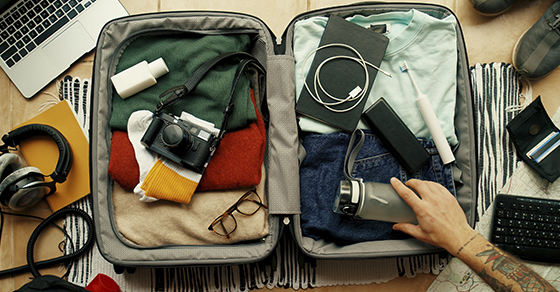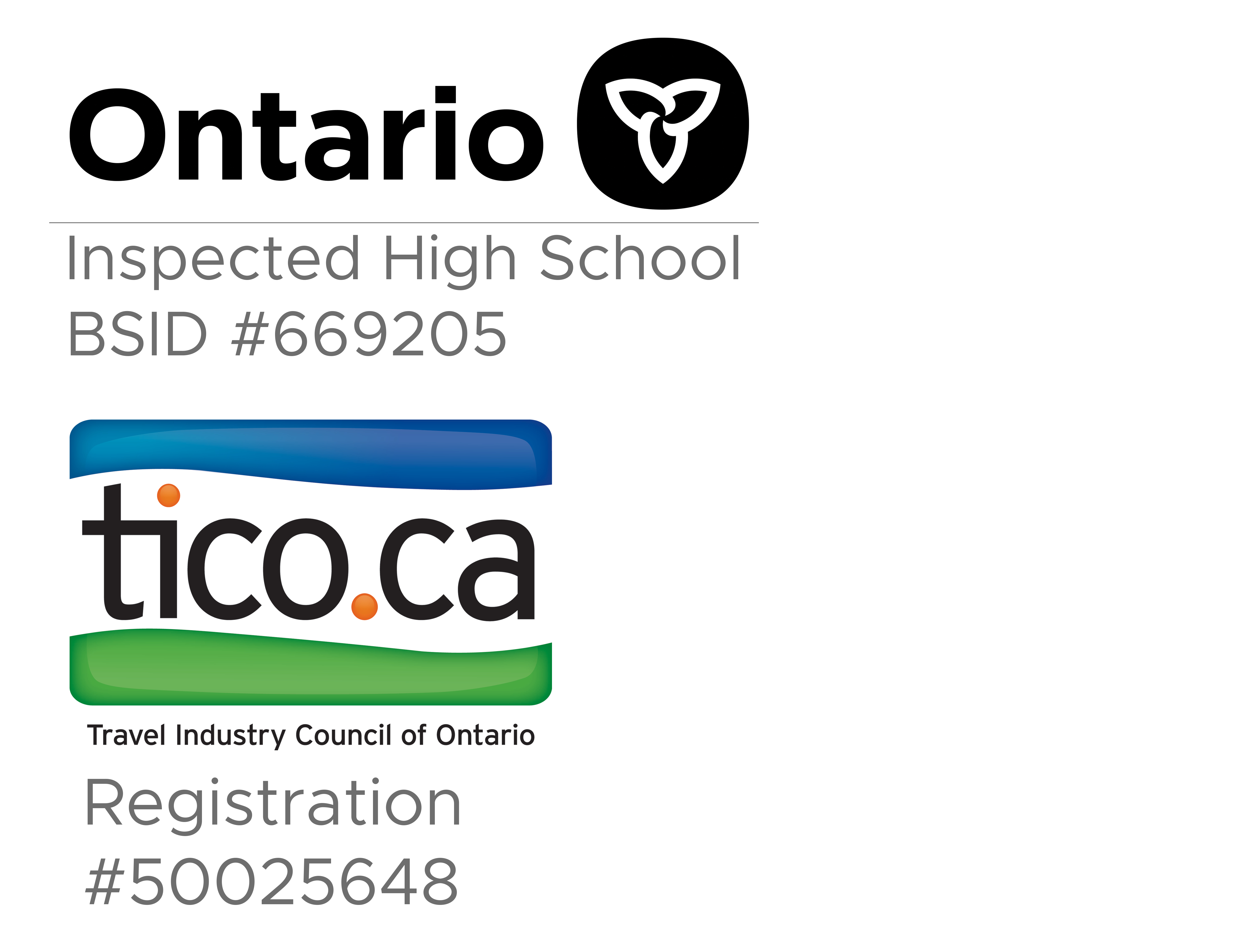You are about to go on the trip of a lifetime, exploring new worlds and cultures and learning new languages and customs. However, what should you take with you? How do you decide what’s important and what can be left behind?
In fact, the key to any kind of travel is to pack light. Take only the essentials with you and not go overboard.
With trusted student travel programs, you can explore the world, learn about new cultures, and with the right packing techniques, and bring some of these experiences home with you to share with others.
What Items to Take
There are key things to make sure you have with you at all times when travelling. Whether it’s a week or a month, these items will get you through your trip in safety and comfort.
1. Copies of important legal documents
Making sure you have your passport, government ID, and any documents for your trip is common sense and required. However, what happens if something goes wrong and you lose your passport while away?
Making sure you have copies of all your documents saves time and reduces anxiety in stressful situations. Keep these copies separate from your original documents, too, as this helps ensure they are kept safe.
2. Medications
If you have a medical condition that is treated with regular medications, refill enough for the trip and even longer.
Many countries will not accept a prescription outside of their own borders, so making sure you have enough of a supply with you will reduce the need to seek medical attention while away.
If you are going for an extended period of time, then this may not be doable, so you will need to register with a doctor as soon as possible. Take a copy of your prescription with you to help make it easier, especially if you don’t fully speak the language.
3. Power adaptors and chargers
Not every country runs off the same power wattage. Take a trip to your local electronics store before you go to find out what power adaptor you will need to bring with you.
A spare charger will also be beneficial in case something happens to yours. This helps to keep all your electronic devices charged and working so that you can do your school work and keep in contact with others.
4. Basic hygiene necessities
Your basic toiletries should include:
- Toothbrush and toothpaste
- A 2-in-1 shampoo and conditioner
- Body wash
- Deodorant
- Feminine hygiene products
- Hairbrush or comb
You can always buy more while you are away, so you only need to take the bare minimum to get you through the first week or two.
5. Appropriate clothing options
It’s easy to think that you can take your entire wardrobe to accommodate all events while away, but you should consider a few things before you do.
First, what is the climate and season in the country you are going to? If it’s going to be hot, then you can leave the winter gear behind. A few T-shirts, shorts, and skirts are more than fine. If it is going to be cold, then jumpers and long sleeves with full-length pants would be better options.
Second, consider the culture and religion of the country you are going to. In some places, showing the soles of your feet is considered illegal, whereas showing too much skin in other countries can also get you into trouble.
Third, think of laundry duties. While no one wants to do laundry while travelling, this will allow you to take less clothing if you can wash and clean what you have. You also free up space in your luggage to bring more gifts home.
Try not to overpack when it comes to shoes. At most, you may only need three pairs: sandals or boots (depending on the season), good walking shoes, and party shoes.
6. Basic school supplies
As the purpose of the trip is to study, you should take some supplies with you. Aside from your laptop, notepads, textbooks, and pens should also be considered.
Although stationary, such as notebooks and pens, can be purchased while you are away, your textbooks can’t be. Reach out to your teacher and check to see what you should be taking to help you on your trip.
7. Some local currency
All the major credit cards are accepted worldwide. With the combination of credit and debit cards coming together, you may be able to use a debit card, too. However, this is usually accompanied by heavy fees for using your cards while in other countries.
To limit this, let your bank know you will be away so that they don’t freeze your cards for suspected fraud, and invest in some local currency. This way, your cards and bank accounts are protected, and you can limit fees using physical money.
What Items Not to Take
Your best options are to limit what you take to save on space and additional fees at the airport for oversized luggage.
Remember that your entire makeup collection, hair products, and everything electrical, such as game consoles, e-readers, or music players, are high targets for theft.
While you may get cravings for certain foods and drinks, it’s best to leave these at home. Try the local cuisine instead; you may find your new favourite snack while studying.
Miscellaneous Items
Depending on where you are staying, here are a few suggestions of some other things you can take with you:
- Padlock for lockers at hostels
- Day bag or backpack to carry your wallet, phone, and school supplies
- Reusable water bottle
- A small item from home to alleviate homesickness
It’s a Small World
With many fun and interactive student travel programs available, the world just got a lot smaller. You want to enjoy every moment, soak up the sun, learn a new language, or explore the rich history that other places have to offer.
Of course, you would rather do all of the above without having to drag many of your belongings from home. Packing light helps you to focus on other things like learning and having fun.
For information about the types of packages we offer, call us at 1-844-357-2621 or contact us here.













